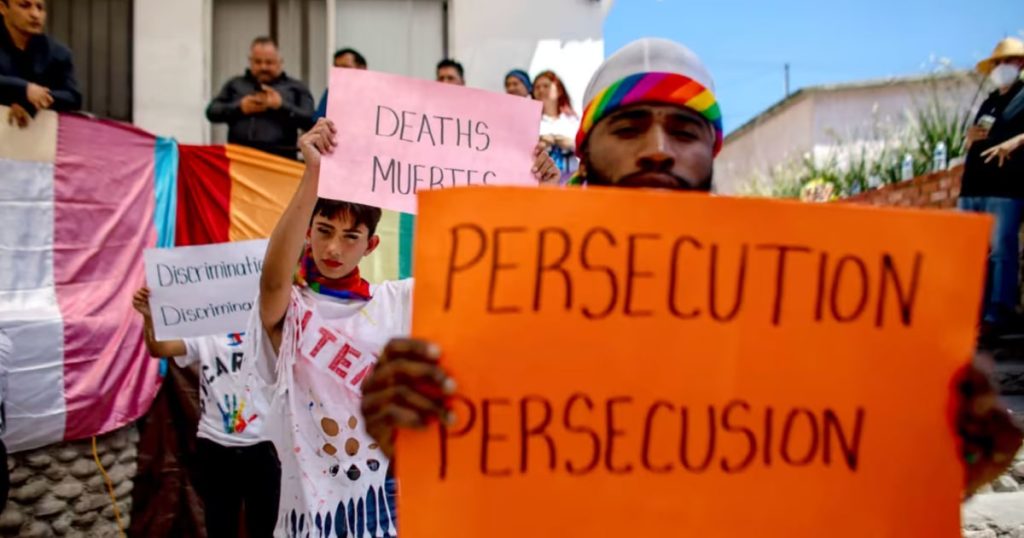Dayling Ramírez is a 36-year-old Honduran trans woman living in Mexico City who survived persecution from the Mara Salvatrucha gang as well as abuses in an immigration station in Mexico. Despite overcoming these challenges, Ramírez expresses difficulty in fully integrating into Mexico’s society, citing the struggles faced by trans individuals in finding employment. The presence of LGBTQ migrants in Mexico has increased in recent years, with the formation of the first Trans Gay Migrant Caravan in 2017 being a significant marker of this trend.
Ana Guadarrama, general coordinator of Mexico’s National Network of Support for LGBT Migrants and Refugees, notes the growing visibility of LGBTQ migrants in Mexico, with an increase in support services for this population. Organizations such as the Organization for Refuge, Asylum and Migration (ORAM) have launched campaigns to provide safe shelter, food, and transportation to LGBTQ refugees or asylum seekers in Mexico City. This initiative aims to assist 100 migrants for 30 days, acknowledging Mexico as a transit point for individuals seeking safety and freedom.
Statistics from civil organizations like Letra S outline the challenges faced by LGBTQ individuals in Mexico, with an alarming increase in hate crimes and murders targeting members of the community. Enrique Torre Molina of ORAM highlights the discrimination and violence experienced by LGBTQ migrants, exacerbated by the dangers posed by organized crime and the vulnerabilities faced by undocumented individuals. The United Nations Refugee Agency has reported high rates of abuse experienced by migrants passing through Mexico, emphasizing the need for greater protections and support for marginalized populations.
Dana Graber Ladek from the UN’s International Organization for Migration highlights the “triple vulnerability” experienced by LGBTQ migrants in Mexico, stemming from their sexual orientation, migrant status, and lack of documentation. The absence of comprehensive data on LGBTQ migrants poses challenges for understanding their needs and priorities, hindering the development of effective public policies and services tailored to this population. Organizations like REDAPM have seen a steady increase in the number of LGBTQ migrants seeking assistance, underscoring the urgent need for more research and support mechanisms.
Efforts to address the challenges faced by LGBTQ migrants in Mexico are ongoing, with campaigns like ORAM’s initiative providing essential support to vulnerable individuals. Ramírez, who has firsthand experience of the hardships faced by LGBTQ migrants, emphasizes the importance of providing safe spaces and resources to those in need. As the visibility of LGBTQ migrants continues to rise, it is crucial for institutions and organizations to collect reliable data, recognize the specific challenges faced by this population, and work towards creating inclusive and supportive environments for all individuals, regardless of their background or identity.


